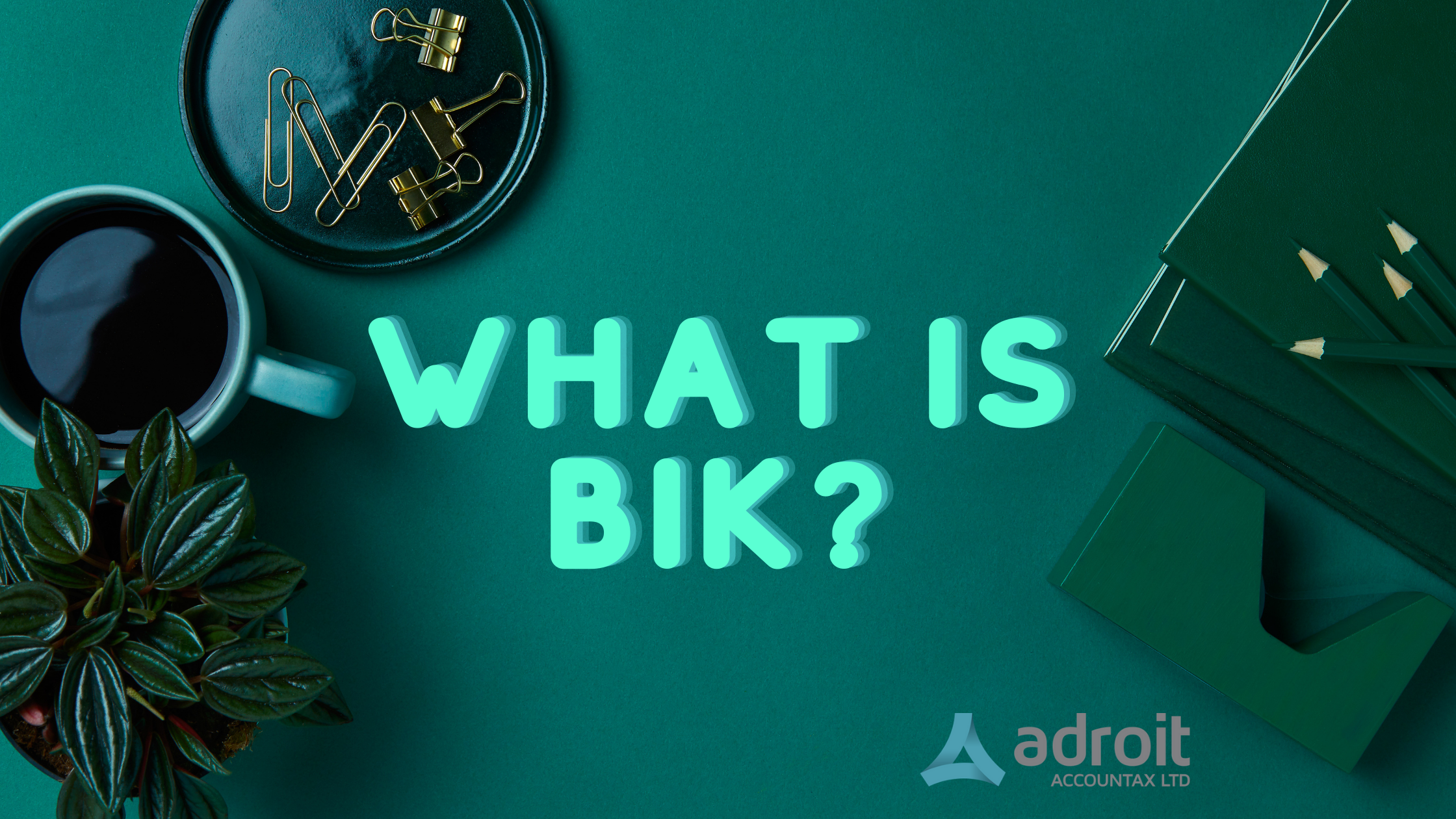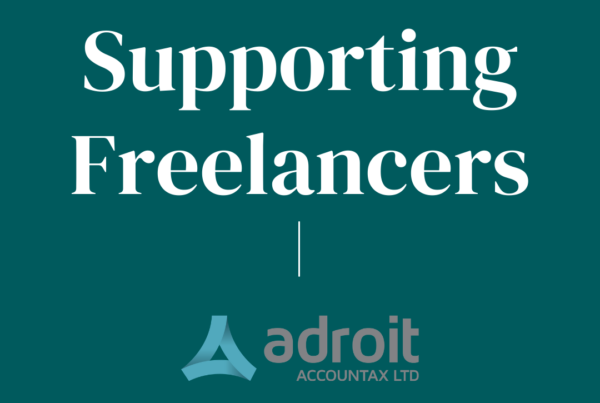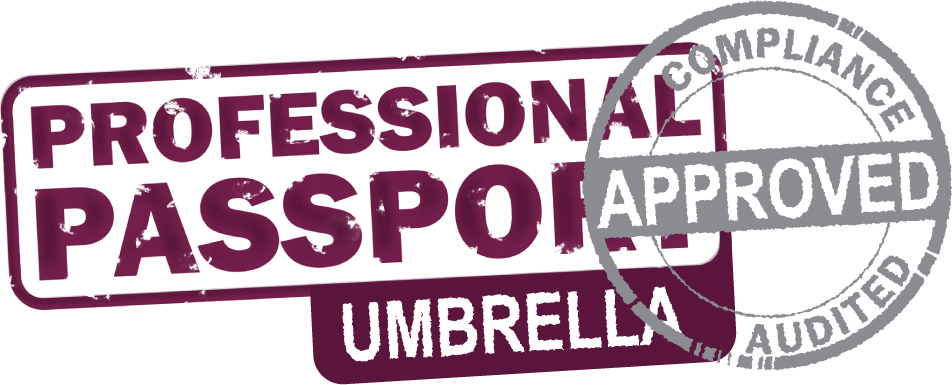
Effects of Benefit in Kind Tax
To understand the effects of benefits in kind tax, first, let us address what “benefit in kind” means.
They are benefits directors or employees receive, which are not usually part of the wages or salary. Other terms used for benefit in kind are “fringe benefits” or “perks”. To be more explicit, these are mostly things like a company car, cheap loans or grants, and private medical health insurance.
It is important to mention that some benefits in kind are not taxable, while others are.
How to Value Taxable Benefits
Taxable value on this form of tax simply means a taxable amount for availing the benefits. The equivalent value for this is what most refer to as “cash equivalent value” according to the definition by HM Revenue and Customs. It is the amount in cash that the employer provides the employee. However, it is important to mention that some special rules apply when calculating the taxable value of this tax form.
A Few Favorable Effects Tax-in-Kind and Vat
Let us highlight the positive effects of benefit in kind tax and vat that are common in the LTD companies in the UK.
-
Accommodation
If you get accommodation by the employer, whether rent-free or reduced rent, a tax may apply on the variance in the rental that you pay (should there be any), and the per annum value of that property. In a scenario where when the employer bought the accommodation, its cost was higher than approximately £75,000, only then there will be an extra charge on tax.
-
Meals
Meals in the canteen at the workplace are non-taxable. Employees have the option to not list them on their tax returns. Likewise, subsidized meals at work are non-taxable and employees have no obligation to mention it on their tax return.
-
Childcare Expenses
In some offices, the company may provide a nursery for childcare. In this case, childcare expenses are tax-free. If the employee (parent/guardian) pays the childcare expense, he or she may not be able to claim relief for the cost.
-
Medical Insurance
When an employer provides an employee with private medical insurance, it is taxable.
-
Company Car or Van
Usually, when an employer arranges a vehicle for the employee, it is either completely tax-free or partially tax-free.
However, when an employee, the director (or their families) use the car for private use, then there is a tax payable. Private use means using the vehicle for trips for errands other than work, on the way from home to work, and vice-versa.
-
Fuel
Fuel provided by the employer for work is not taxable. However, fuel for personal use, which is paid for by the employer or employee, is taxable.
-
Mileage Allowance
In the UK, there are government-set limits on mileage. Some employers provide vehicles like bicycle, bike, car, or van. A mileage allowance is tax-free if the employee uses it for work-related trips. Moreover, if you do not exceed the limits, you have no obligation to pay the tax and vat.
-
Loans
Cheap or interest-free loans are taxable.
-
Credit and Charge Cards
In some instances, the employer or company offers employees a credit card on their account. Usually, in this scenario, the employee bears the cost of tax and vat whenever they use the card to purchase goods or services. In some instances, employees may claim deduction on their purchases. These may be any of three types – exclusive, whole, or necessary deductions.
-
Clothing
When an employer provides safety clothing, e.g. a protective helmet, shoes, or overalls then tax is not liable. However, if an employer provides any normal clothing, it is taxable.
-
Holiday




